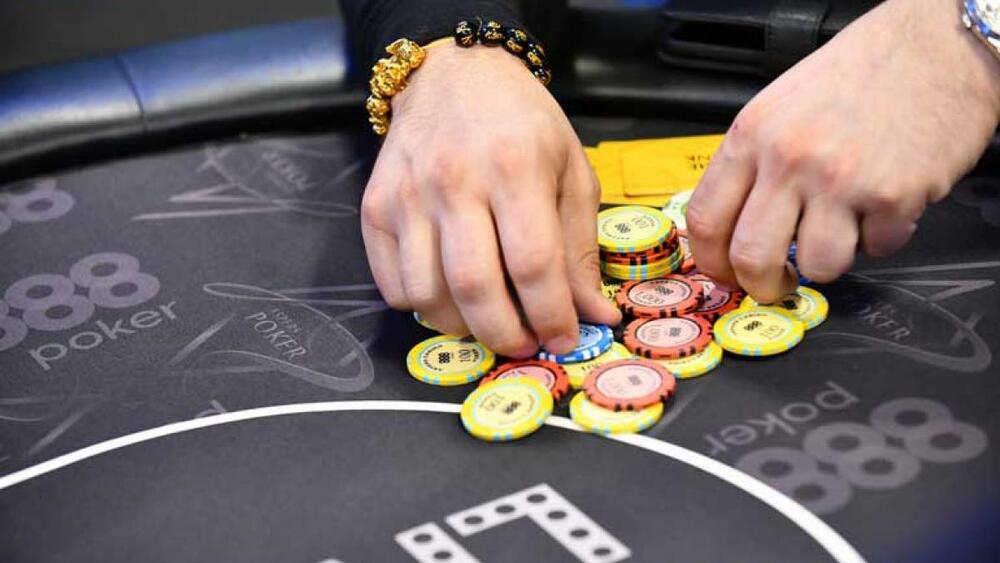What Is Rake in Poker?

In a poker game, the rake is money taken out of the pot by the establishment that hosts the game. It covers costs such as dealer salaries, equipment, and electricity.
There are several ways that a casino or poker cardroom can take the rake, and they vary depending on the type of poker game. The Dead Drop is one way, where the player on the button pays a fixed rake sum before each hand.
Dead drop
A dead drop in poker is a fixed fee collected from the pot, regardless of its size. This method is used by many cardrooms and casinos. Understanding how rake affects the game is essential for poker players, as it has a significant impact on player strategy. High rakes can significantly impact a player’s profitability. Fortunately, there are several ways to mitigate this effect. One such strategy is to play out of position when possible, and consider both pot odds and equity realization.
Rake is charged by poker rooms in order to generate revenue and cover operational costs. This is important because online poker rooms have a lot of expenses related to customer support, server costs, and software development. While rake is a small amount, it adds up over time and can reduce your poker winnings. The rake can be collected in a number of different ways, depending on the type of poker game and whether it is live or online.
Time collection
If you play poker online, you may have heard about the concept of rake, but few players understand how it works or how much they are paying. Rake is a fee the house charges to cover its expenses and generate revenue, so it’s important to be aware of how it affects your game.
One method of collecting rake is called time collection. This is done automatically, without any action from the player, and it’s most common in higher-stakes games. In this type of rake, a set amount is taken from each pot every hour or so.
Another way to collect rake is through tournament fees, which are often a fixed percentage of the total buy-in. Typically, these tournament fees are included in the rake listed on the tournament description. Regardless of which method of collecting rake is used, it can have a significant impact on your profitability. Therefore, it’s crucial to keep track of your results and adjust your strategy accordingly.
Contributed rake
If you’re a poker player, rake has a huge impact on your long-term results. It is a fee charged by the house that covers overhead and operating costs, including employee salaries, equipment, and software. In addition, a percentage of the rake is usually paid to third-party rakeback providers who promote online poker rooms and earn a commission on new players.
The contributed method of calculating rake is similar to the dealt method, except that to be included in the shared pool you must voluntarily put money into a pot. The advantage of this method is that it doesn’t favor tight players who fold most hands or players who don’t play any hands at all.
A switch to the contributed model should benefit loose aggressive players and make preflop and postflop calling ranges more profitable. However, it also means marginal calls and bluffs may no longer be profitable. This is a reason why some players choose to move up in stakes as quickly as possible.
Variations
As a player, it is important to understand the various ways that rake in poker can be calculated and how it affects your game. Although it is not something that can be controlled, you should know its impact on your game so that you can adjust your strategy accordingly.
The rake is an essential part of the game as it allows the casino or poker room to cover its operating costs and make a profit. It can be seen as a necessary evil for players, but it should be considered carefully when choosing a poker site or tournament to play in.
The rake is usually deducted from the final pot, but it can also be charged as an entrance fee to a tournament. This is usually the case in live events, but online casinos have been known to offer a flat rate of rake. This is not illegal, but it depends on the laws of the jurisdiction in which the tournament is held.
